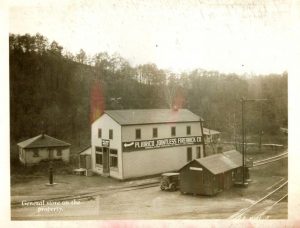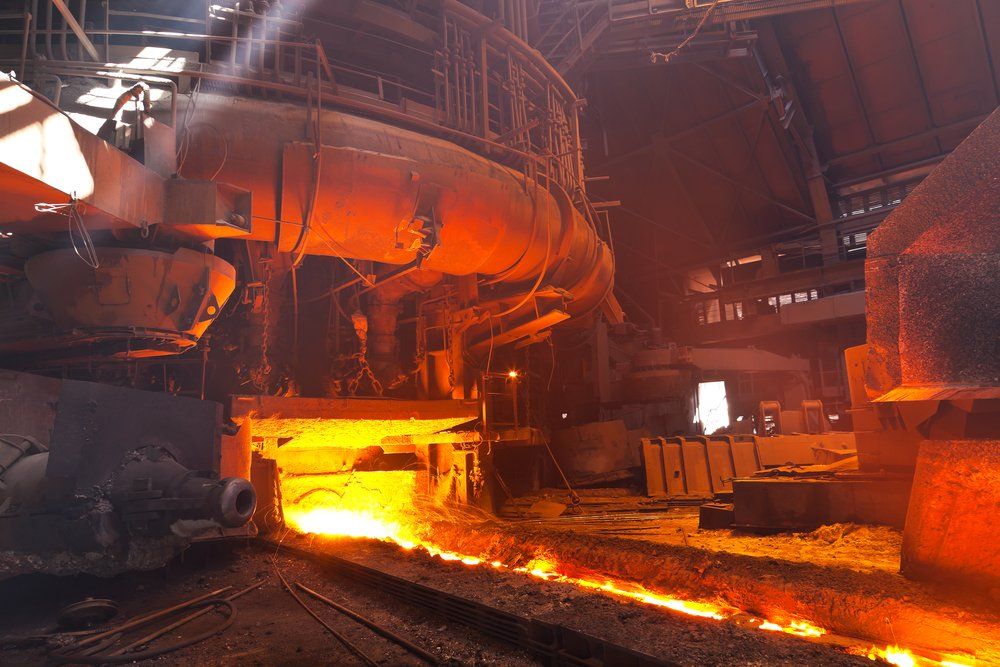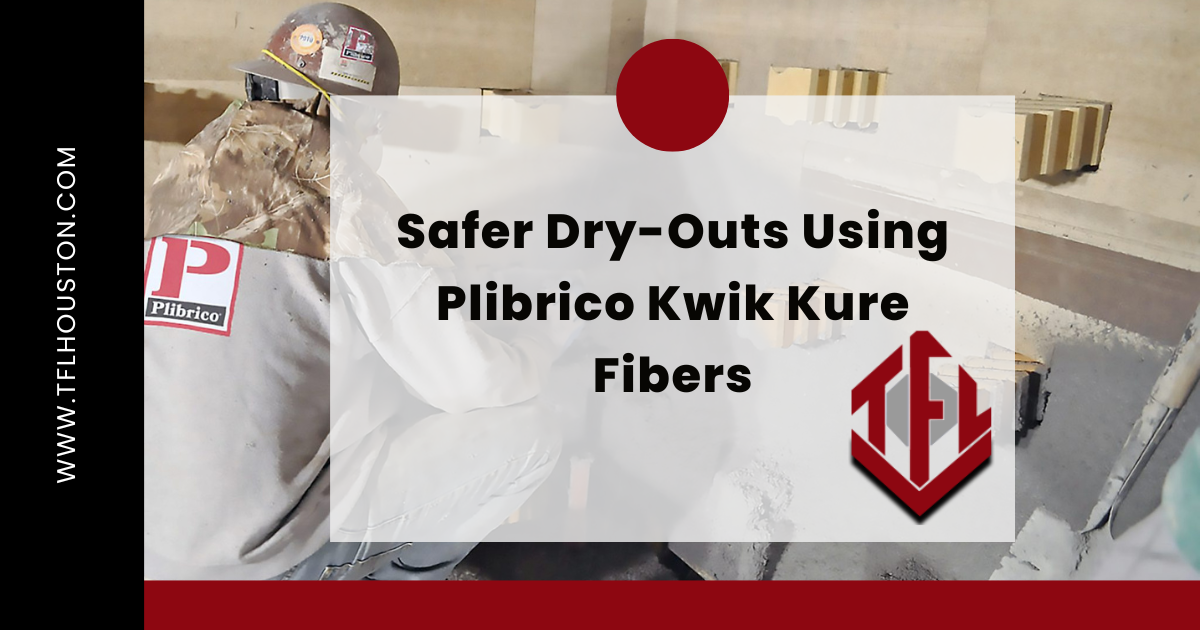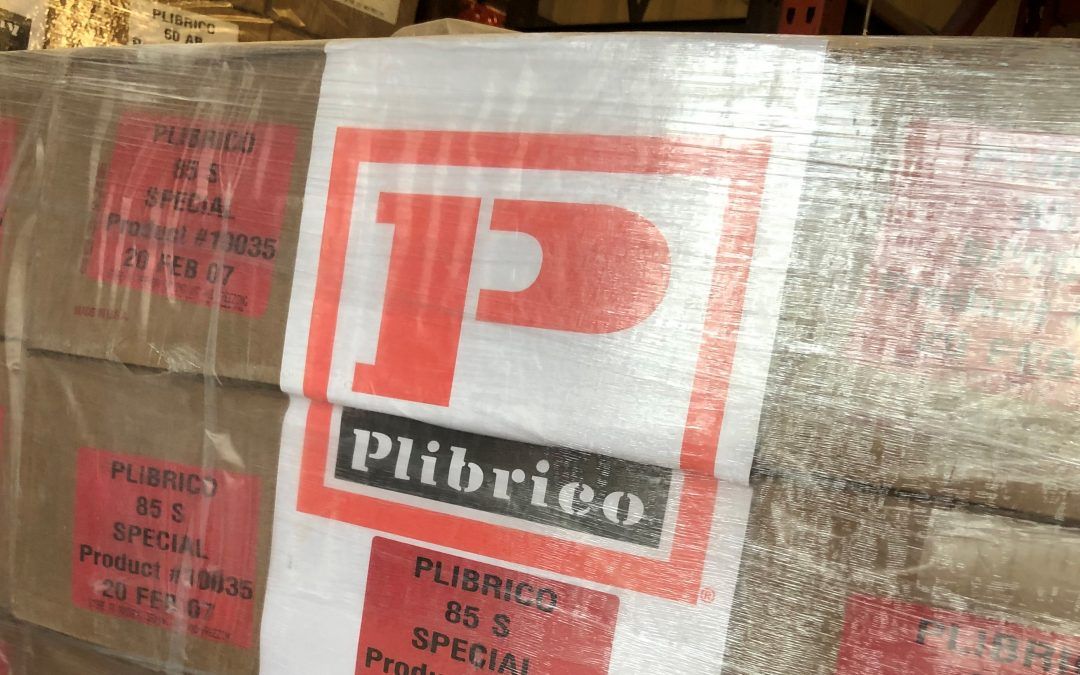How To Evaluate Your Refractory Technical Datasheet
Refractory datasheets are a valuable resource when selecting the right refractory material for a specific application. They provide good general information about the physical and chemical characteristics of a refractory, including density, thermal expansion, and porosity.
The refractory datasheet can only provide general information, not specific to your application.
Click To Tweet
Understanding the Technical Datasheet
Refractory datasheets list the physical properties, chemical makeup and testing results of the material. They usually include:
- A product description ( Refractory type, form, properties)
- Basic Information (Service limit, density, time before firing, standard packaging)
- Technical Data (Chemical makeup, thermal conductivity, abrasion)
- Disclaimers (Linear change, cold MOR, CCS, Hot MOR)
Performance on Paper
Datasheets are great for getting general information, but because they can’t take into account the variables unique to your application, they can only tell you how they’ll perform on paper. Real service is a very different beast! A refractory datasheet that shows an in-service temperature of 3,000 degrees Fahrenheit may not actually function under real use at those temperatures.
Performance in Use
A datasheet contains very useful information, but it’s important to keep in mind that mineralogy and physical properties vary due to refractory thickness. Linings between layers will affect the performance of the refractory when in use.
The Right Choice
The technical datasheet is just one tool to help you choose the right refractory material. It should be taken into account along with all other relevant factors. Ultimately, your refractory material supplier or contractor should evaluate all the options before making an informed, expert decision.
Contact Us to learn more about refractory data sheets, or to get help deciphering one.
The post How To Evaluate Your Refractory Technical Datasheet appeared first on Refractory Materials, Precast Shapes, and Custom Solutions.
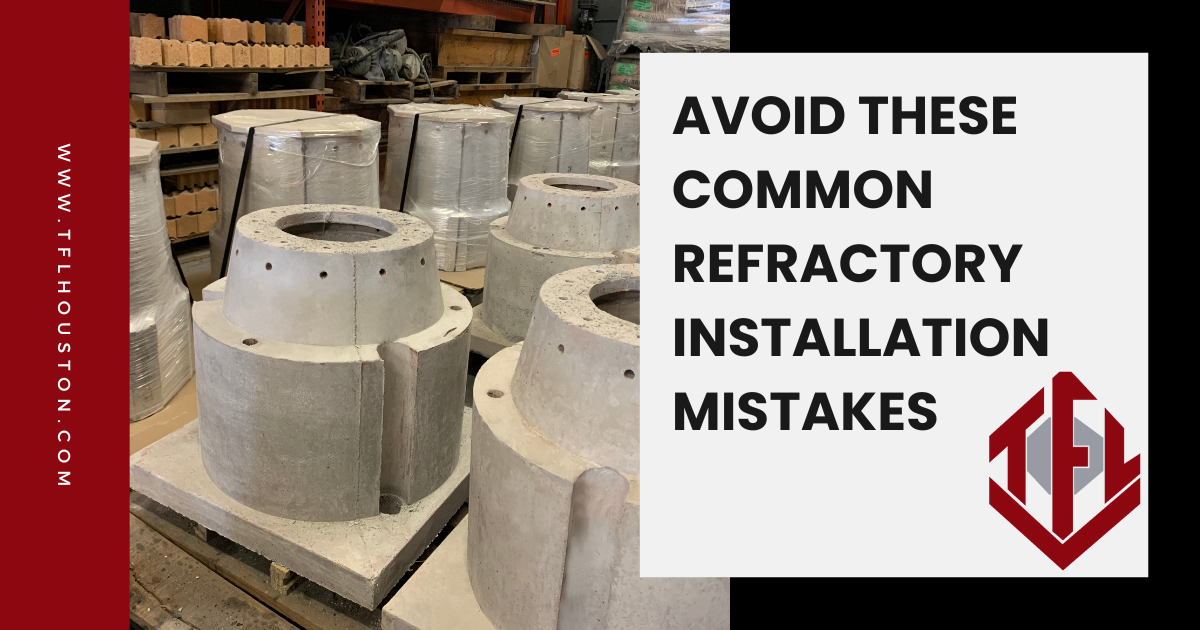
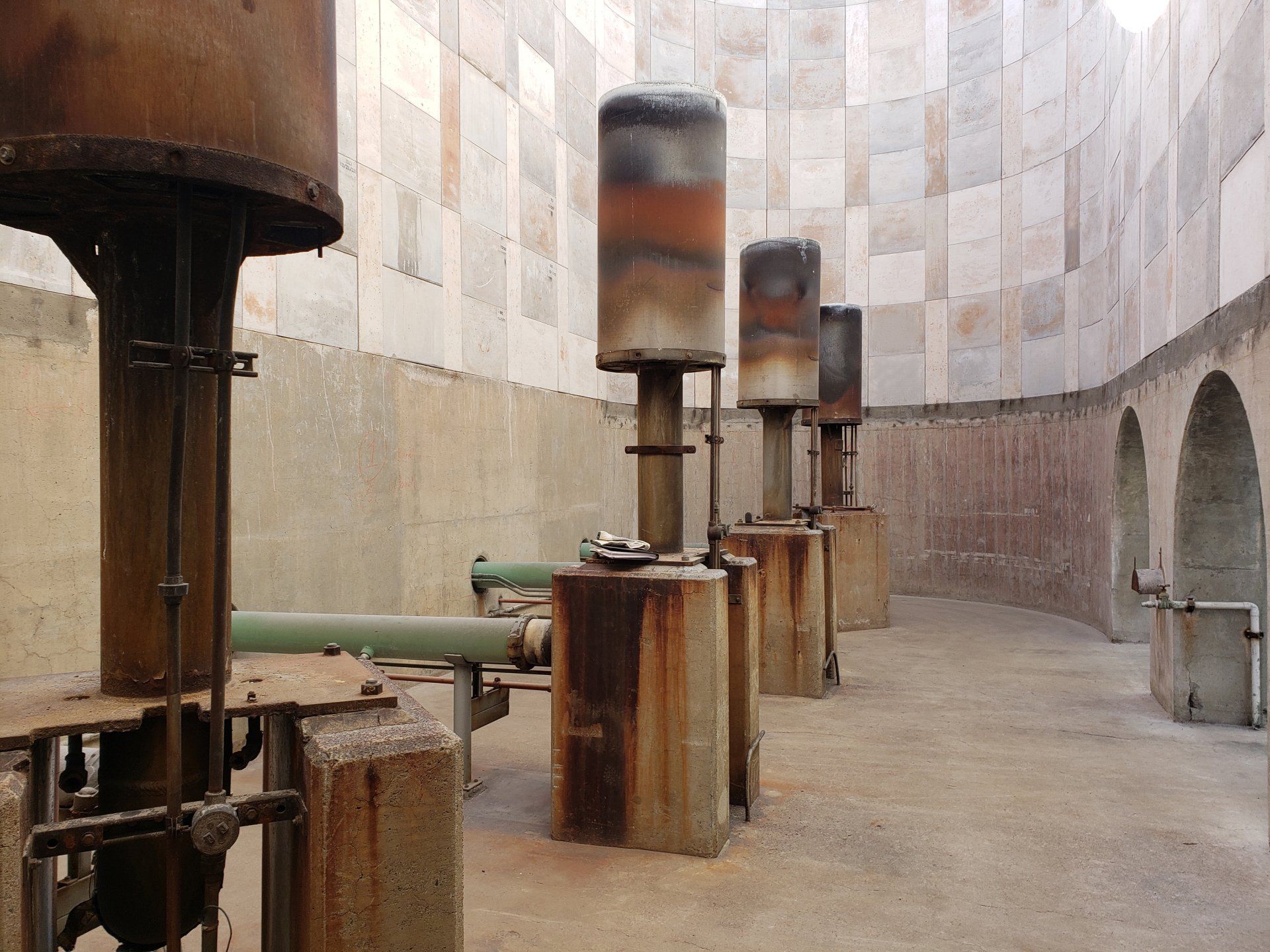
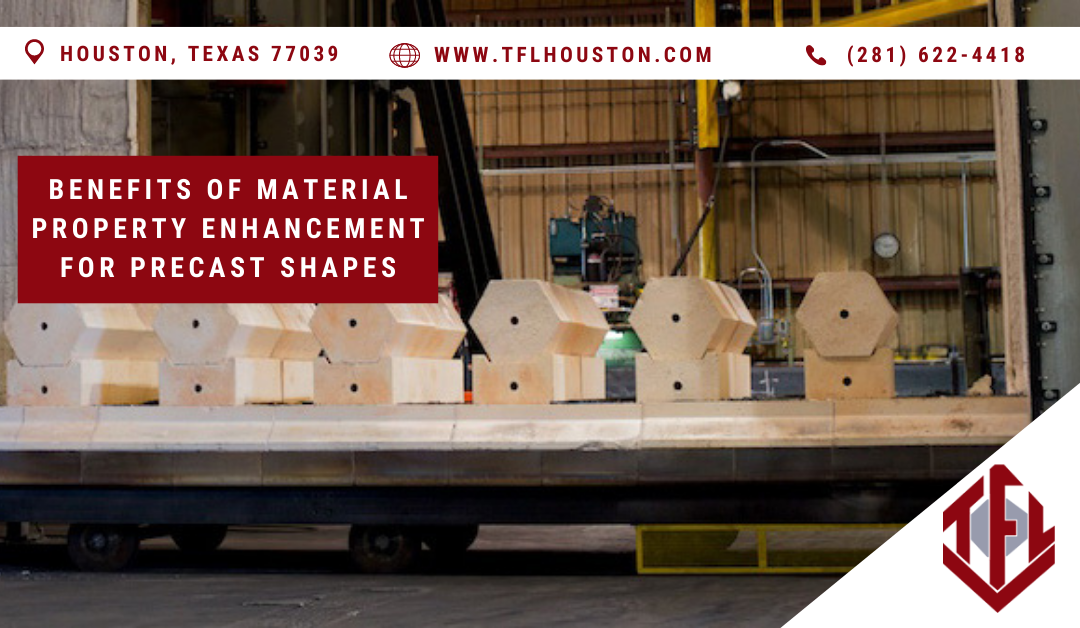
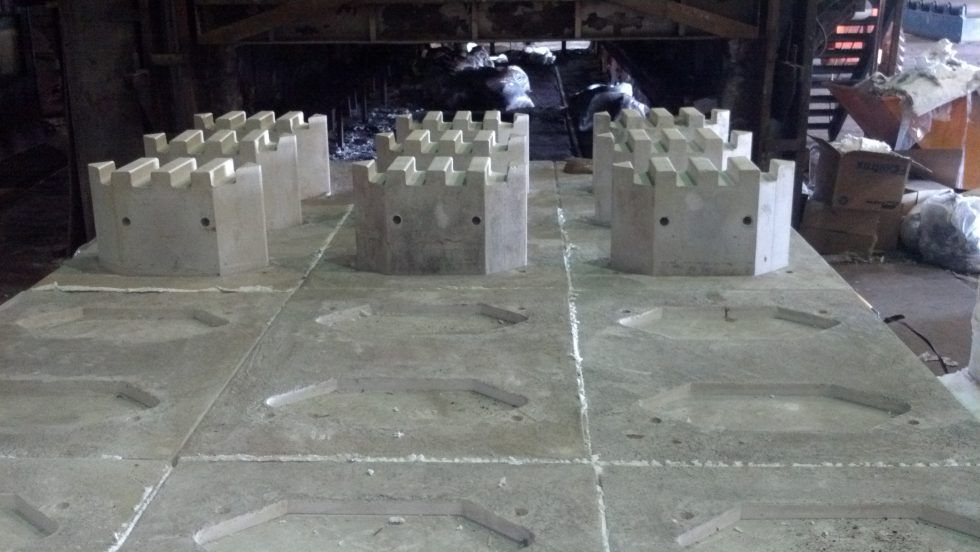
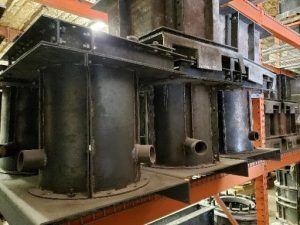
TFL Uses Custom Molding Techniques to Make Precast Refractory Shapes With Extremely Tight Tolerances
